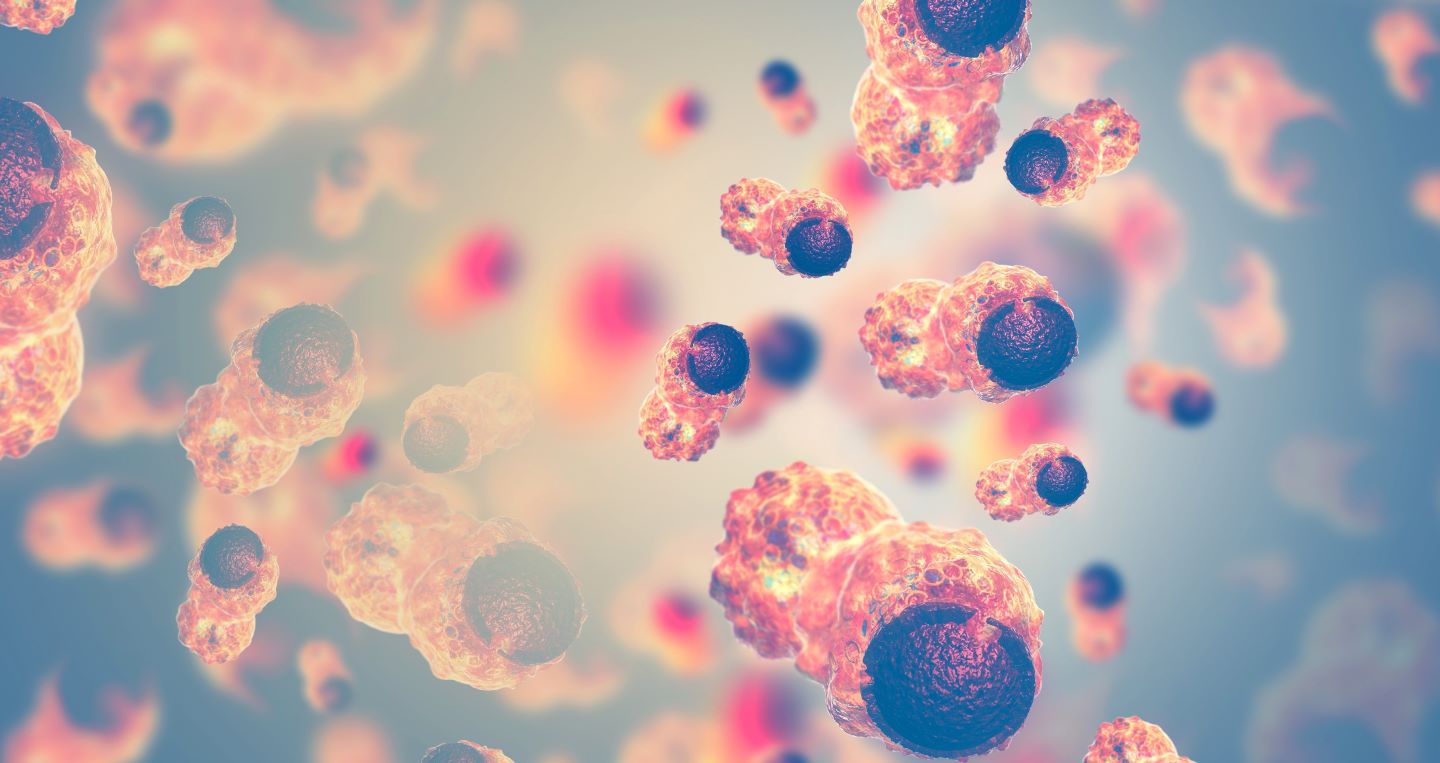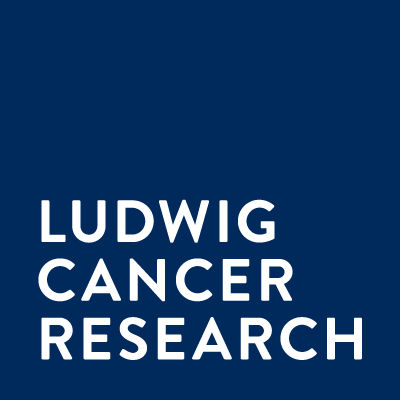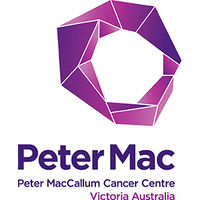Request Demo
Last update 08 May 2025
Lewis-Y antigen
Last update 08 May 2025
Basic Info
Synonyms- |
Introduction- |
Related
18
Drugs associated with Lewis-Y antigenTarget |
Mechanism Lewis-Y antigen modulators [+2] |
Active Org. |
Originator Org. |
Active Indication |
Inactive Indication |
Drug Highest PhasePhase 2 |
First Approval Ctry. / Loc.- |
First Approval Date20 Jan 1800 |
Target |
Mechanism Lewis-Y antigen modulators [+2] |
Active Org. |
Originator Org. |
Active Indication |
Inactive Indication |
Drug Highest PhasePhase 1 |
First Approval Ctry. / Loc.- |
First Approval Date20 Jan 1800 |
Mechanism HPK1 inhibitors [+4] |
Originator Org. |
Active Indication |
Inactive Indication- |
Drug Highest PhasePhase 1 |
First Approval Ctry. / Loc.- |
First Approval Date20 Jan 1800 |
26
Clinical Trials associated with Lewis-Y antigenACTRN12622001542785
A Pilot Study Assessing Safety and Tolerability of Lewis Y (LeY) targeting Chimeric Antigen Receptor (CAR) T cells in combination with Nivolumab in Patients With LeY Expressing Solid Tumours
Start Date17 Jan 2023 |
Sponsor / Collaborator |
NCT04842812
Engineered TILs/CAR-TILs With PD1 Knockout and Anti-PD1/CTLA4-scFv Secreting or CARs Against Various Antigens to Treat Advanced Solid Tumors
Tumor infiltration lymphocytes (TILs) have been harvested from advanced cancer patients and constructed to knockout PD1 gene and express scFvs against both PD1 and CTALA4 and CARs against various antigens, followed by transfusion into the patients. The safety, tolerance, and preliminary clinical efficacy of the TILs will be evaluated.
Start Date01 Jan 2021 |
Sponsor / Collaborator |
100 Clinical Results associated with Lewis-Y antigen
Login to view more data
100 Translational Medicine associated with Lewis-Y antigen
Login to view more data
0 Patents (Medical) associated with Lewis-Y antigen
Login to view more data
122
Literatures (Medical) associated with Lewis-Y antigen01 May 2025·International Journal of Biological Macromolecules
Protease-activated anti-Lewis Y antibody enhances selectivity and safety of glycan-targeting cancer therapy
Article
Author: Lin, Wen-Wei ; Shen, Ying-Rou ; Ho, Kai-Wen ; Chang, Tong-Husan ; Liao, Tzu-Yi ; Cheng, Tian-Lu ; Hsieh, Yi-Hsuan ; Hong, Shih-Ting ; Wu, Hsuan-Hui ; Lee, Yu-Chi ; Chen, Yen-Ying ; Chang, Chia-Chun ; Lee, Wen-Han ; Lu, Yun-Chi ; Liu, Liang-Yirn ; Chen, Ching-Kuei ; Yang, Mei-Chun ; Cheng, Yi-An ; Huang, Bo-Cheng
01 Mar 2023·Biochimie
Purification and characterization of a hemocyanin with lectin-like activity isolated from the hemolymph of speckled shrimp, Metapenaeus monoceros
Article
Author: Dilna, C ; Soni, Priyanka ; Prasanth, Ganesh K ; Duddukuri, Govinda Rao ; Kanade, Santosh R ; Ghufran, Md Sajid
01 Mar 2023·JPMA. The Journal of the Pakistan Medical Association
X-ray inhibits FUT4-mediated proliferation in A549 cells by downregulating SP1 expression.
Article
Author: Gao, Wei ; Liang, Jin-Xiao ; Wei, Wei-Tian ; Liu, Jin-Shi ; Yang, Xun
2
News (Medical) associated with Lewis-Y antigen27 Mar 2025
Data highlights preclinical efficacy and safety of GNX1021, a novel glycan-targeting ADC, in gastric cancer models
NEW TAIPEI CITY, Taiwan, March 27, 2025 /PRNewswire/ -- GlycoNex, Inc. (4168, hereinafter referred to as GNX), a clinical stage biotechnology company focused on the development of glycan-directed cancer immunotherapies, today announced that preclinical data on GNX1021 will be presented on April 28 at the American Association for Cancer Research (AACR) Annual Meeting 2025 in Chicago, Illinois.
GNX1021 is an antibody-drug conjugate (ADC) targeting branched Lewis B/Y (bLeB/Y), a unique tumor-associated glycan antigen overexpressed in gastric cancer and other solid tumors. The poster will highlight in vivo efficacy and safety findings from gastric cancer models that demonstrate GNX1021's tumor control activity.
"We are very pleased that research involving GNX1021, our glycan-targeting ADC, was accepted for presentation at AACR 2025," said Dr. Mei-Chun Yang, CEO of GlycoNex. "AACR is one of the most influential oncology meetings in the world, and the opportunity to showcase the potential of GNX1021 to treat gastric cancer, an often-deadly cancer with few available therapies, highlights the importance of this program."
Presentation Details:
About GlycoNex Inc.
GlycoNex Inc. is a clinical-stage biotechnology company focused on the development of glycan-directed cancer immunotherapies that effectively inhibit tumor growth while minimizing side effects. GlycoNex possesses a robust pipeline led by GNX102, a humanized monoclonal antibody (mAb) designed to target abnormal sugar molecules in cancer cells. GNX102 has successfully completed Phase 1 clinical trials with data demonstrating excellent safety and promising efficacy. GlycoNex is also advancing a portfolio of antibody-drug conjugates (ADCs) that precisely attack cancer cells while sparing healthy tissue. GlycoNex is headquartered in New Taipei City, Taiwan. For more information, visit .
Contact
s for GlycoNex, Inc.
Investor Relations
Tiberend Strategic Advisors, Inc.
David Irish
[email protected]
Media Relations
Eric Reiss
[email protected]
SOURCE GlycoNex, Inc.
WANT YOUR COMPANY'S NEWS FEATURED ON PRNEWSWIRE.COM?
440k+
Newsrooms &
Influencers
9k+
Digital Media
Outlets
270k+
Journalists
Opted In
GET STARTED
AACRPhase 1ImmunotherapyADC
12 Jul 2023
Crossbow Therapeutics will use the funds to develop therapies to treat cancer. Credit: crystal light via Shutterstock.com.
Crossbow Therapeutics has raised
Series A funds worth $80m
to develop a new class of antibody treatments for cancer.
MPM BioImpact and Pfizer Ventures led the funding round, with Polaris Partners, BVF Partners and
Eli Lilly and
Company among others taking part.
Recommended Reports
Reports
LOA and PTSR Model - Vaccine For Oncology in Colorectal Cancer
GlobalData
Reports
LOA and PTSR Model - Gene Therapy To Target Lewis Y Antigen For Lung Cancer in Lung Cancer
GlobalData
View all
Companies Intelligence
Eli Lilly and Co
Polaris Partners LLC
BVF Partners LP
Crossbow Corp
Pfizer Ventures LLC
View all
Proceeds will be used to progress the development of new therapies that act on peptide-loaded major histocompatibility complexes (pMHCs) present on cancer cells.
To target pMHCs, these therapies will leverage antibodies that imitate T-cell receptors (TCR-mimetics).
The company will identify, validate and select the most promising cancer-specific targets, then create TCR-mimetic antibodies that have greater levels of cancer cell affinity and specificity.
Such TCR-mimetics will be merged with off-the-shelf T-cell engagers and immunotherapies to create tumour-bolt (T-Bolt) molecules.
These T-Bolts can be tailored to treat a variety of cancers.
Crossbow Therapeutics CEO Briggs Morrison stated: “With unparalleled accuracy and potency, our revolutionary T-Bolt products strike cancer cells like a crossbow shoots bolts at its target.
“The influx of additional capital enables us to scale our efforts to build an arsenal of TCR-mimetic-based immunotherapies designed to overcome the limitations of current treatments.”

VaccineImmunotherapy
Analysis
Perform a panoramic analysis of this field.
login
or

AI Agents Built for Biopharma Breakthroughs
Accelerate discovery. Empower decisions. Transform outcomes.
Get started for free today!
Accelerate Strategic R&D decision making with Synapse, PatSnap’s AI-powered Connected Innovation Intelligence Platform Built for Life Sciences Professionals.
Start your data trial now!
Synapse data is also accessible to external entities via APIs or data packages. Empower better decisions with the latest in pharmaceutical intelligence.
Bio
Bio Sequences Search & Analysis
Sign up for free
Chemical
Chemical Structures Search & Analysis
Sign up for free



